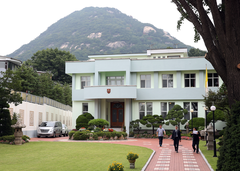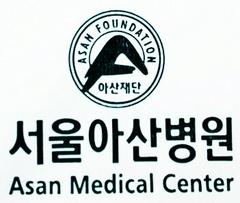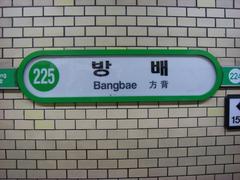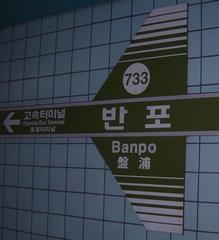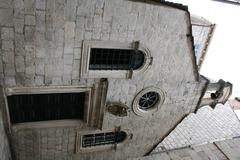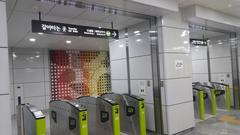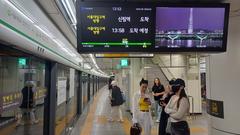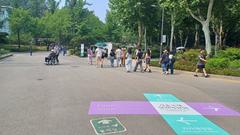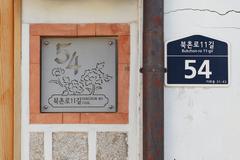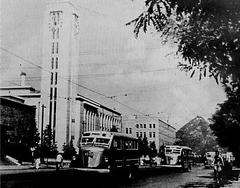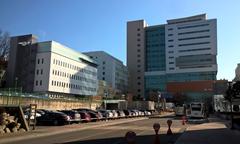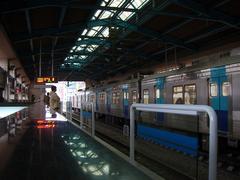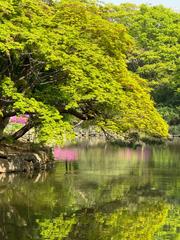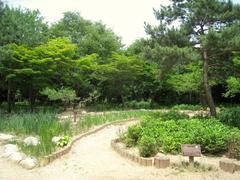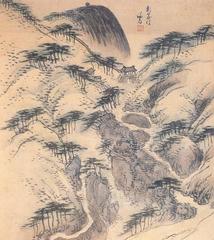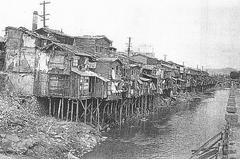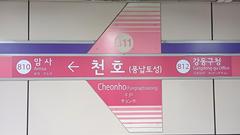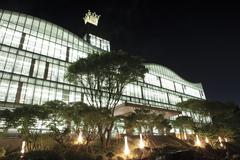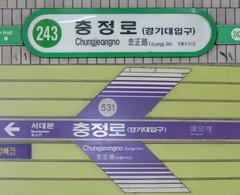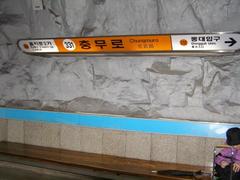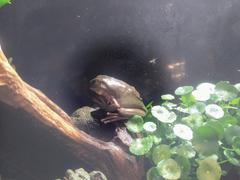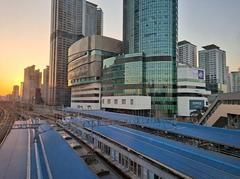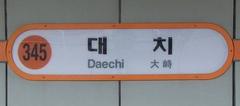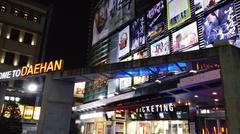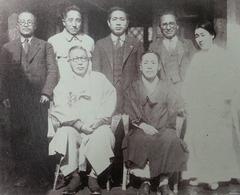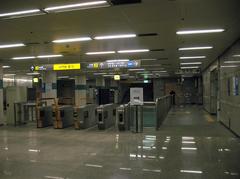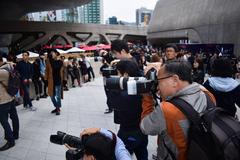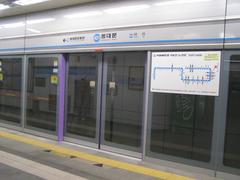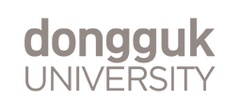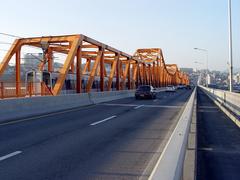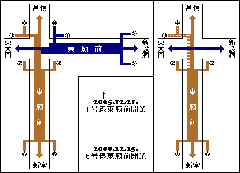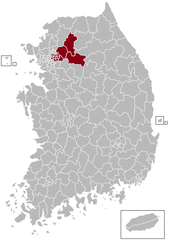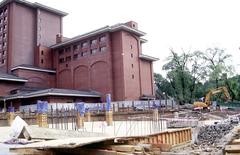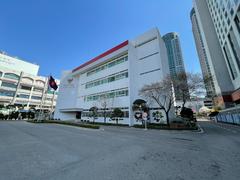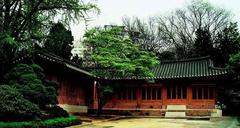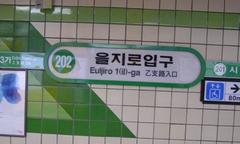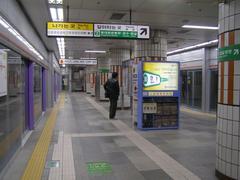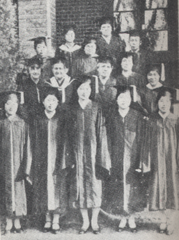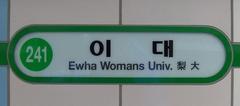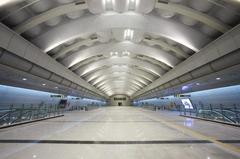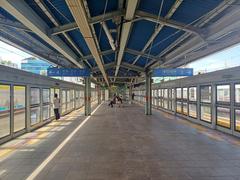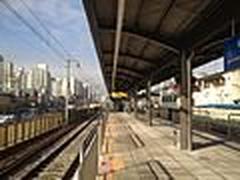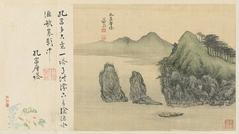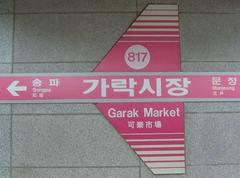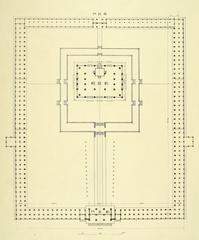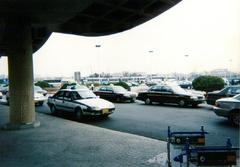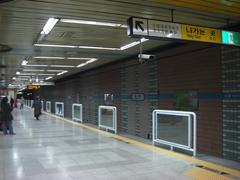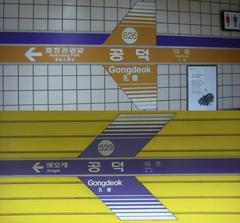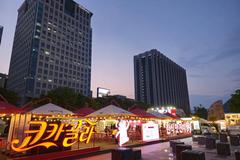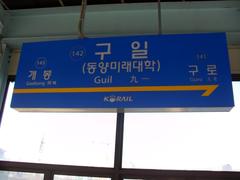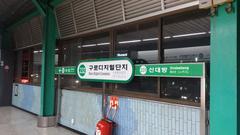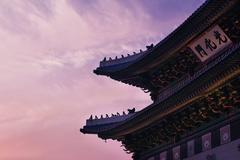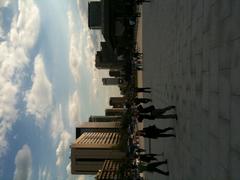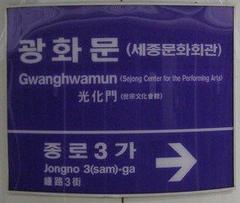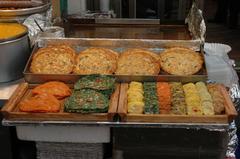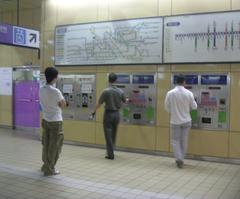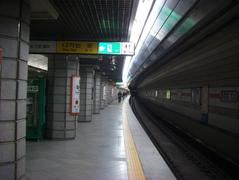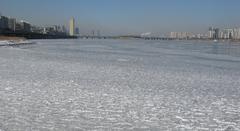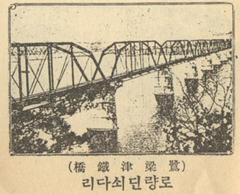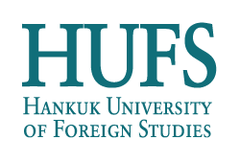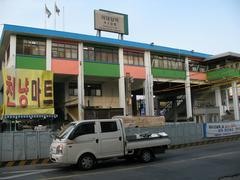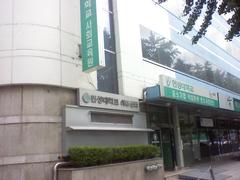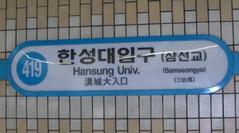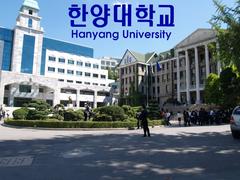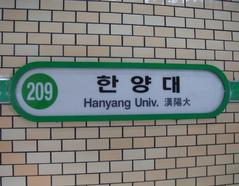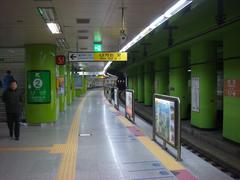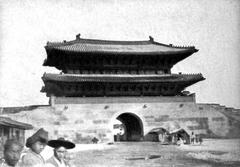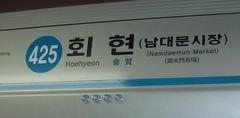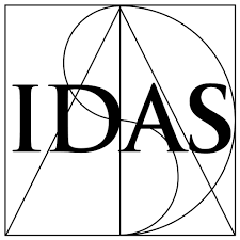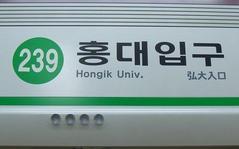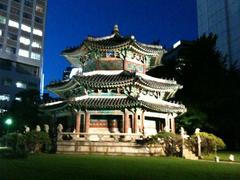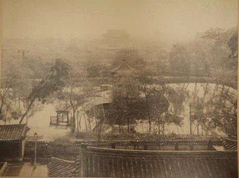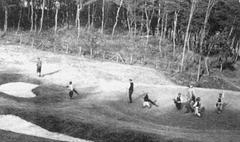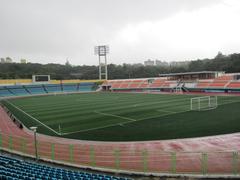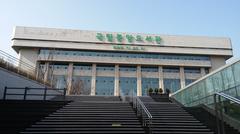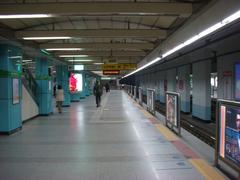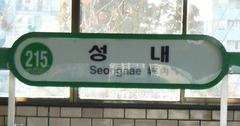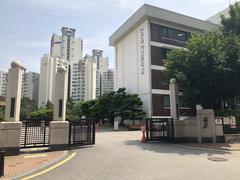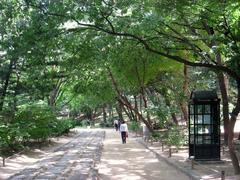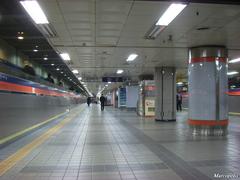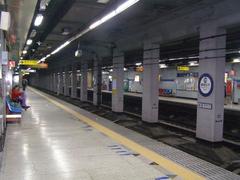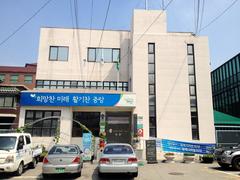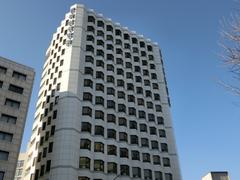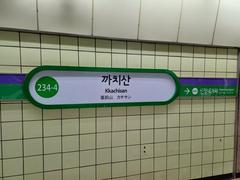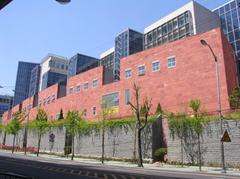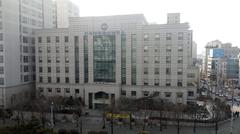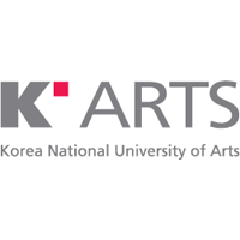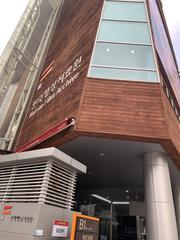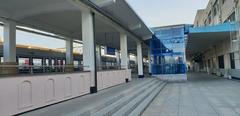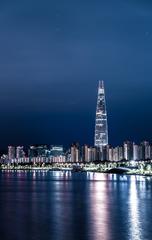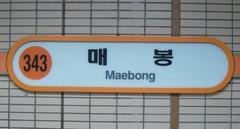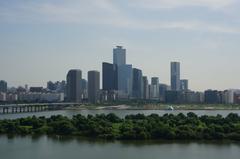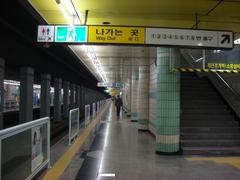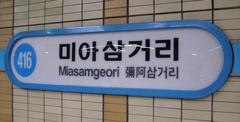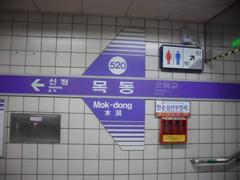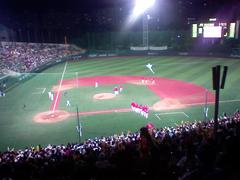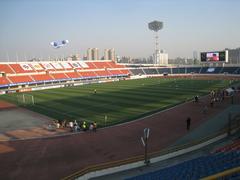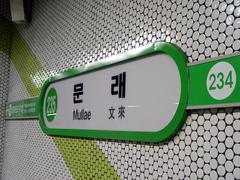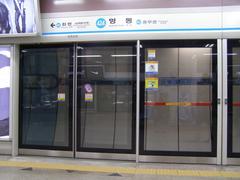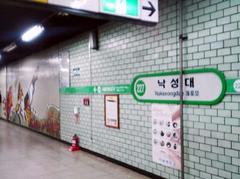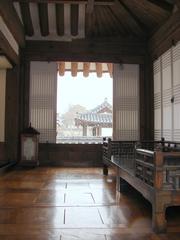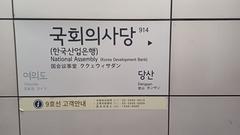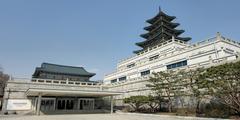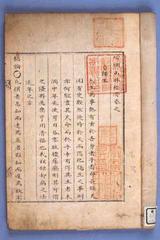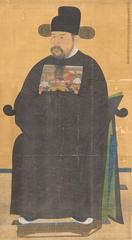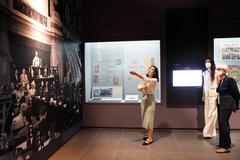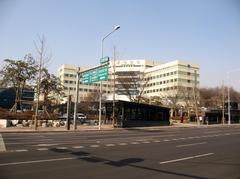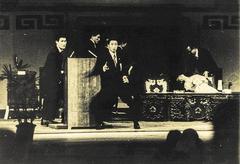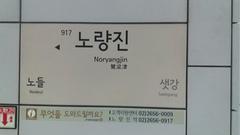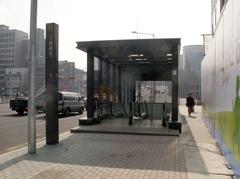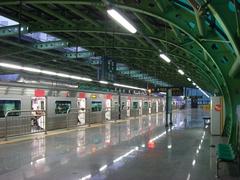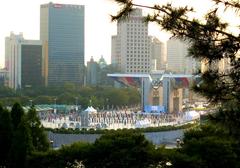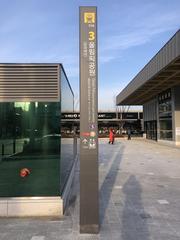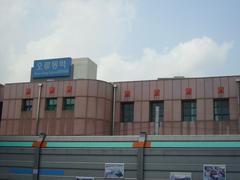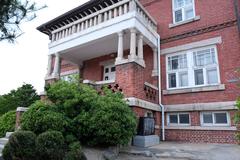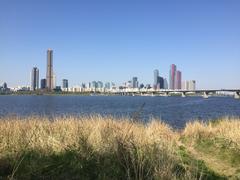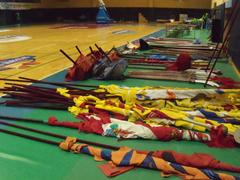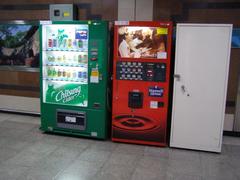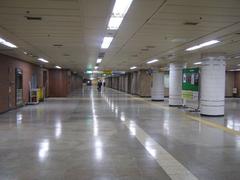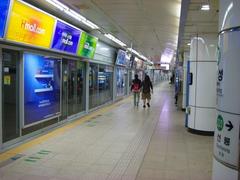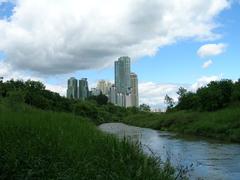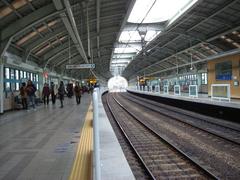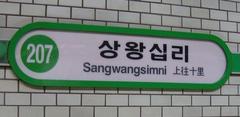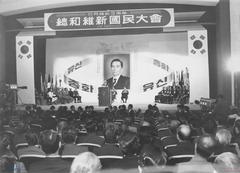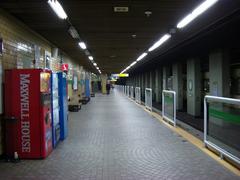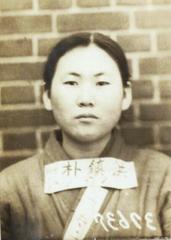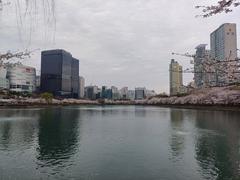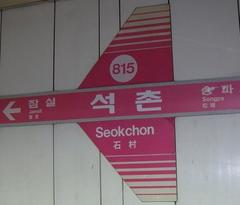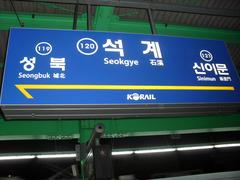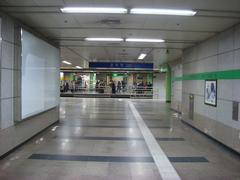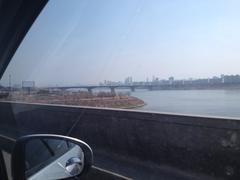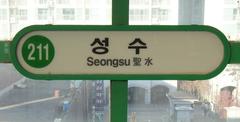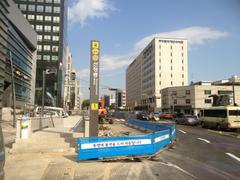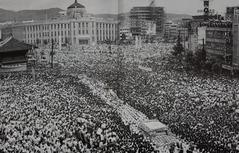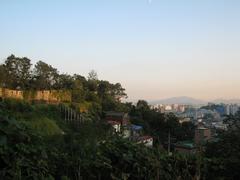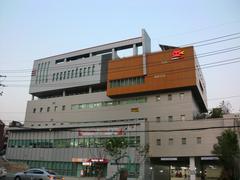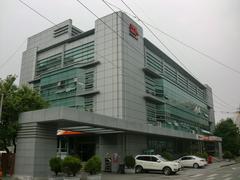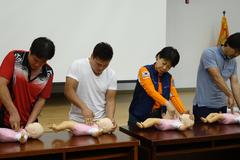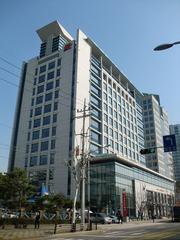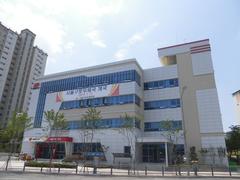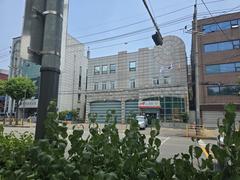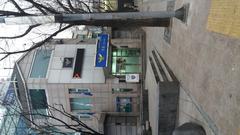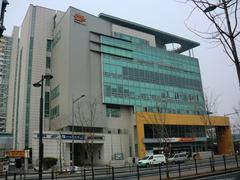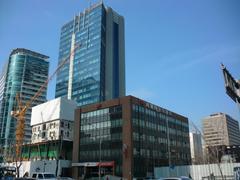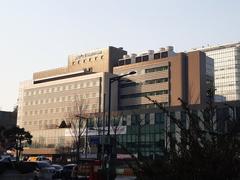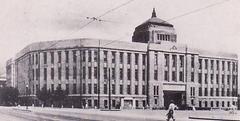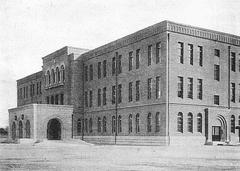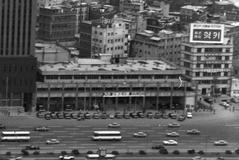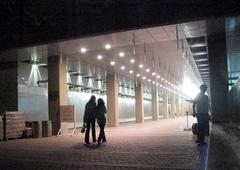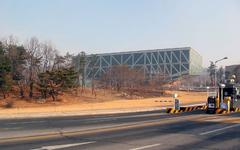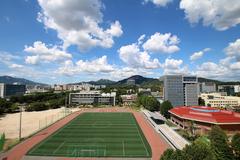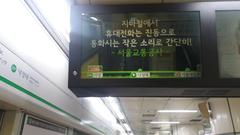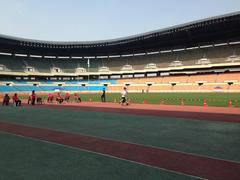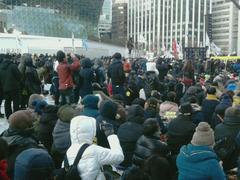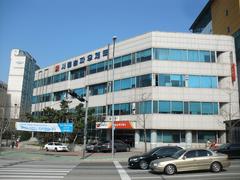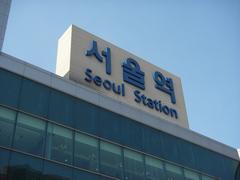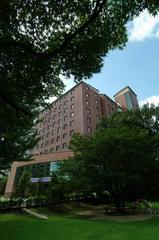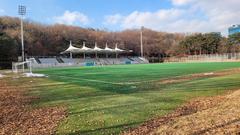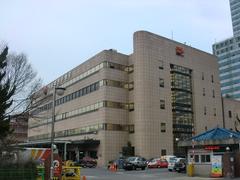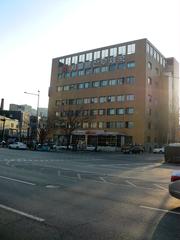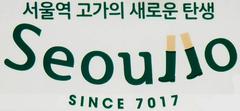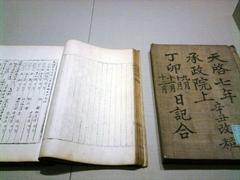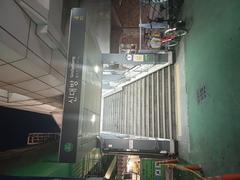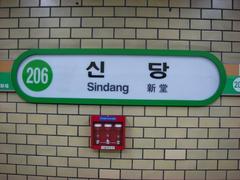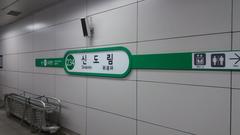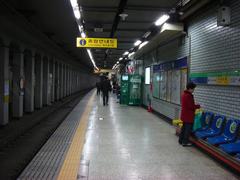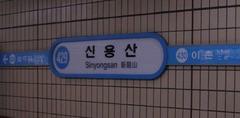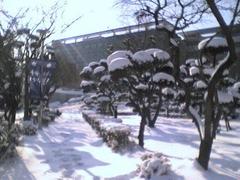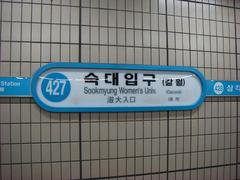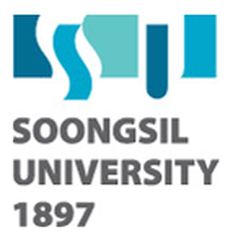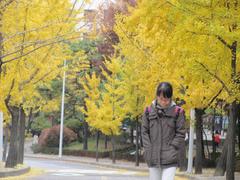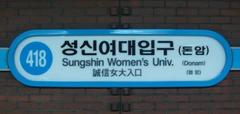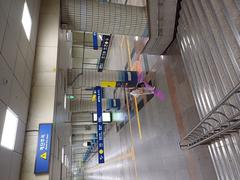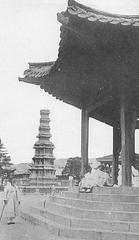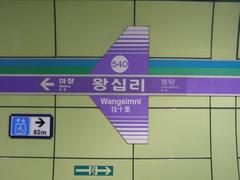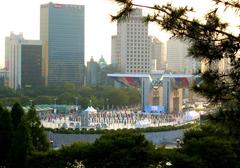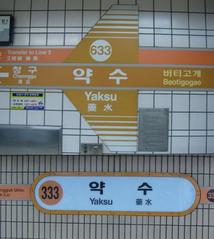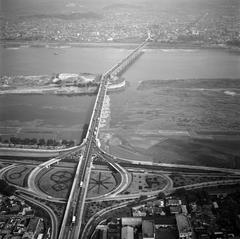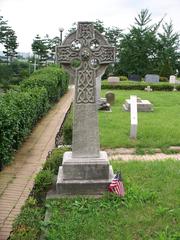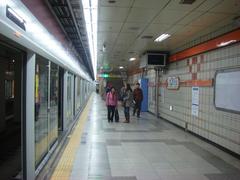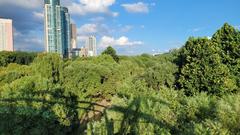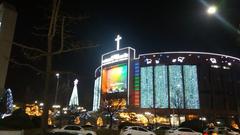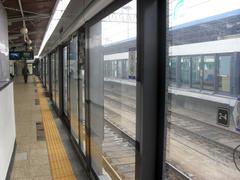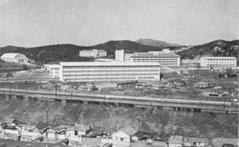
Dongguk University Station Visiting Hours, Tickets, and Travel Guide: Explore Seoul’s Historical and Cultural Sites
Date: 03/07/2025
Introduction: Dongguk University Station’s Role in Seoul
Dongguk University Station, centrally located in Seoul’s Jung-gu district on Subway Line 3, is much more than a transit hub. Since its inauguration in 1985, the station has connected travelers to the esteemed Dongguk University—one of Korea’s most prominent Buddhist-affiliated institutions—and to a wealth of surrounding historical, cultural, and recreational sites. The station’s proximity to iconic destinations like Namsan Park, N Seoul Tower, Deoksugung Palace, and Myeong-dong shopping district makes it an ideal starting point for anyone eager to explore both Seoul’s modern vibrancy and deep-rooted heritage.
This guide covers everything you need to know about visiting Dongguk University Station and its nearby attractions, including operating hours, ticketing details, accessibility features, and insider travel tips. Whether you are a history lover, cultural explorer, or a casual tourist, Dongguk University Station is your gateway to the heart of Seoul’s tradition and innovation.
For real-time updates and further information, consult resources such as the Dongguk University Official Website, Seoul Metro, and travel guides like Travel-Stained.
Table of Contents
- Historical Background and Significance
- Visitor Information
- Nearby Attractions and Guided Tours
- Practical Visitor Tips
- Frequently Asked Questions (FAQ)
- Conclusion & Recommendations
- Sources and Official Links
Historical Background and Significance
Origins of Dongguk University Station
Dongguk University Station opened on October 18, 1985, as part of the Seoul Subway Line 3 expansion, designed to improve connectivity across central and southern Seoul. The station is named after Dongguk University, a historic institution founded in 1906 by the Jogye Order, Korea’s largest Buddhist sect. The close relationship between the station and the university has made the area a vibrant center for students, educators, and visitors alike (Namu Wiki).
Dongguk University and Buddhist Legacy
Since its founding, Dongguk University has combined academic rigor with Buddhist philosophy, attracting a diverse community of students and scholars. The campus is marked by traditional and modern architecture, offering a tranquil environment for reflection and learning. Key highlights include the Dongguk University Monument, which commemorates the institution’s commitment to peace, knowledge, and spiritual growth (Dongguk Media).
Jeonggakwon Temple
Within the campus resides Jeonggakwon Temple, recognized as Seoul Metropolitan Intangible Cultural Heritage No. 20. Originally built during the Joseon Dynasty and relocated to Dongguk University in 1976, Jeonggakwon serves as a spiritual retreat, offering meditation programs and ceremonies for students and visitors alike (Dongguk Media). The temple is especially vibrant during Buddhist festivals, such as the annual Lotus Lantern Festival, when the campus is illuminated with colorful lanterns (Travel-Stained).
Visitor Information
Station Hours and Ticketing
- Subway Hours: Trains operate from approximately 5:30 AM to midnight.
- Tickets: Purchase single-journey tickets at vending machines or counters, or use rechargeable transit cards like T-money or the Climate Card for unlimited rides.
Accessibility Features
- Elevators and escalators for easy access
- Tactile paving and barrier-free restrooms for visually impaired and disabled visitors
- Wheelchair access throughout the station and campus
Station Layout and Facilities
- Exit 6: Main route to Dongguk University, Namsan Park, and N Seoul Tower shuttle bus
- Exit 5: Access to National Theater of Korea, Jangchung Gymnasium, and Seoul Fortress Trail
- Exit 3: Leads to Jangchungdan-gil’s famous jokbal (pig’s trotters) street
- Coin lockers and luggage storage available (Visit Seoul)
- Bilingual signage (Korean/English)
Travel Tips
- Use Naver Maps or KakaoMap for navigation
- Avoid peak hours (morning and late afternoon university rush)
- Carry a T-money card for convenience and savings
- Comfortable shoes recommended for exploring campus and nearby parks
Nearby Attractions and Guided Tours
Dongguk University Station is an excellent base for exploring a range of Seoul’s historical and cultural landmarks:
- Dongguk University Monument: Open daily 9:00 AM to 6:00 PM, free admission, guided tours available on weekends (Dongguk University Official Website)
- Namsan Park & N Seoul Tower: Access scenic trails and panoramic city views; N Seoul Tower is open daily 10:00 AM – 11:00 PM, with observation deck tickets around 11,000 KRW (Namsan Seoul Tower Official Site)
- Jangchung Gymnasium: Historic arena for ssireum (Korean wrestling) and concerts (Wikipedia)
- Myeong-dong Shopping District: A bustling area for shopping, food, and K-pop culture (Go! Go! Hanguk)
- Namsangol Hanok Village: Traditional Korean houses and cultural workshops (Go! Go! Hanguk)
- Deoksugung Palace: Daily changing of the guard ceremony, Korean-Western fusion architecture
- Cheonggyecheon Stream: Urban stream with seasonal festivals
- Sindang-dong Tteokbokki Town: Street food hotspot
- Dongdaemun Design Plaza (DDP): Night markets and exhibitions (Traveler Bibles)
- Insadong and Jogyesa Temple: Art galleries, tea houses, and the Lotus Lantern Festival (Traveler Bibles)
- Bukchon Hanok Village, Gyeongbokgung, and Changdeokgung Palaces: Easily accessible via Line 3
For those interested in deeper exploration, guided tours focused on Buddhist heritage, Seoul’s historical sites, and unique university architecture can be arranged through local agencies.
Practical Visitor Tips
- Best Times: Visit during spring or autumn for mild weather and cherry blossoms. Weekdays and mornings are less crowded.
- Dining: Try Jangchungdan-gil Jokbal Street (Exit 3) for traditional Korean pig’s trotters. Campus cafeterias and nearby cafés offer varied cuisine.
- Accommodation: On-campus dorms, Ambassador and Shilla Hotels nearby (Dongguk University Guidebook)
- Safety: The area is well-monitored. Report lost items at the station office.
- Connectivity: Free public Wi-Fi, tourist information desks, and coin lockers are available.
- Cultural Etiquette: Maintain quiet in religious and academic areas, respect ongoing ceremonies, and follow signage about photography.
Frequently Asked Questions (FAQ)
Q: What are Dongguk University Station’s operating hours?
A: Approximately 5:30 AM to midnight daily.
Q: How do I buy subway tickets?
A: Use vending machines, staffed counters, or a T-money/Climate Card.
Q: Is the station accessible for people with disabilities?
A: Yes—there are elevators, ramps, and barrier-free restrooms.
Q: Are there guided tours at Dongguk University or nearby?
A: Yes, guided tours are available on weekends and public holidays; check the university website.
Q: What major events take place near Dongguk University Station?
A: The Lotus Lantern Festival, Buddha’s Birthday, concerts at Jangchung Gymnasium, and more.
Conclusion & Recommendations
Dongguk University Station is a dynamic hub where tradition and modernity converge. With seamless transport links, accessible facilities, and proximity to Seoul’s most treasured cultural and historical landmarks, it’s an ideal launching point for your Seoul adventure. Whether you’re attending vibrant festivals, exploring Buddhist heritage, or discovering hidden culinary gems, the area offers something for every traveler.
Plan your visit with the Audiala app for real-time updates, join a guided tour, and follow our channels for travel inspiration and local event alerts.
Sources and Official Links
- Namu Wiki: Dongguk University Station and Surroundings
- Dongguk Media: University Heritage
- Dongguk Media: Jeonggakwon Temple
- Travel-Stained: Lotus Lantern Festival
- Dongguk University Official Website
- Seoul Sub→urban: Station Details
- The Seoul Guide: Namsan Park
- Be Marie Korea: N Seoul Tower Access
- Dongguk University Guidebook
- Go! Go! Hanguk: Student Life
- Traveler Bibles: Nearby Attractions
- Visit Seoul: Cultural Landmarks
- Visit Seoul: Luggage Storage


